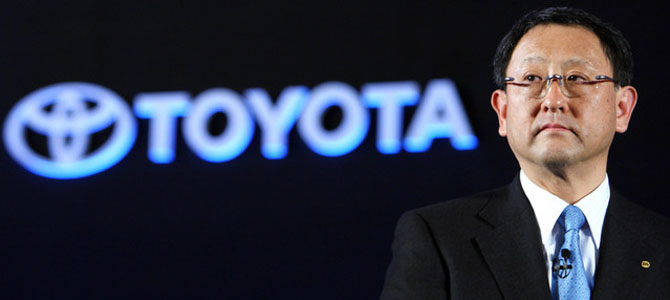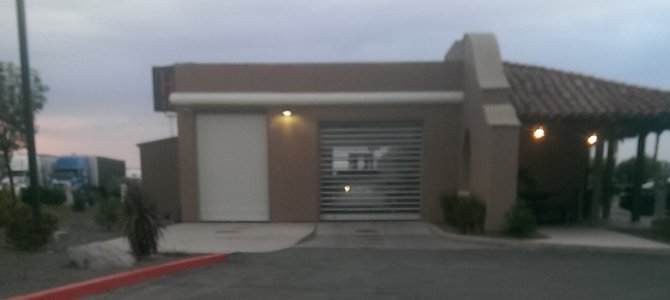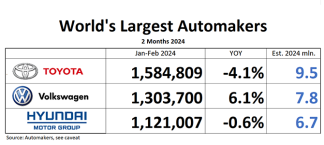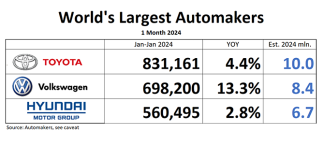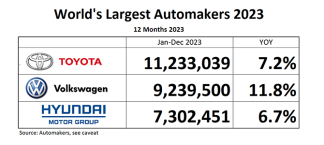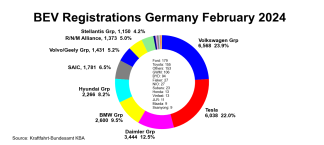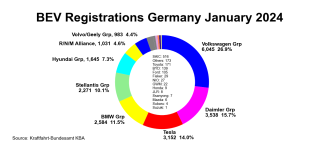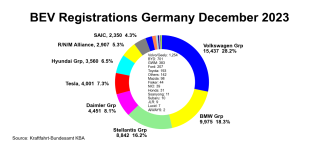
Note: Due to my absence in China. today a bit later than usual. Please accept my apologies.
Top News:
- US: GM pays 306 claims from ‘ignition switch’ compensation fund – Just-auto: Latest on GM’s long-running ‘ignition switch’ recall/compensation saga: according to US media reports, bankruptcy judge Robert Gerber has put on hold dozens of lawsuits accusing the automaker of concealing the ignition switch defect while plaintiffs in those cases appeal his earlier ruling that found their cases barred.
- Automotive Industry Innovation Declines in 2014 – Detroit Bureau: Despite all the talk of driverless and connected cars, a new study suggests that the pace of innovation in the automobile industry has actually slowed in the past year. The industry’s patent growth fell to just 3% last year. Get the story at TheDetroitBureau.com.
- KOREA/US: More carmakers add Google and Apple systems – Just-auto: Carmakers are moving quickly to follow Hyundai’s lead in offer Google’s Android Auto and Apple’s CarPlay systems.
- Fiat Chrysler merger email to GM not the only one it sent to rivals – chairman – Reuters: Marchionne said on Thursday only that he writes “lots of emails”, but Fiat … Elkann said his company had “very good prospects” given Fiat’s merger…
- US: Hyundai confident of 2015 sales target – report – Just-auto: Hyundai is confident it will reach the 760,000 unit target set for 2015 US sales set back in January.

